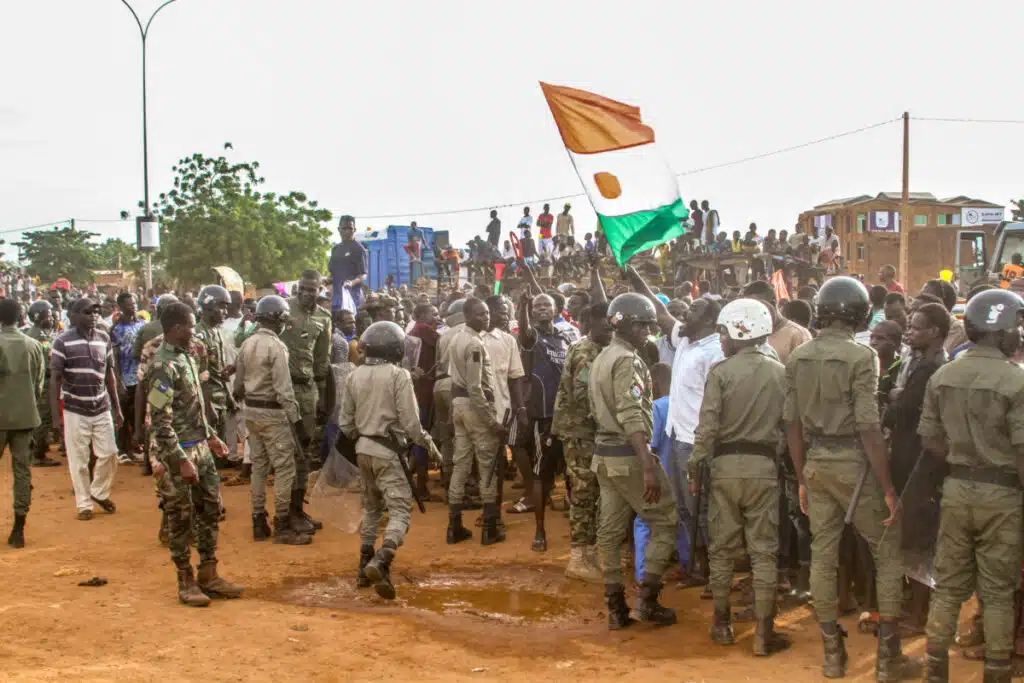The Niger junta’s leader, General Abdourahamane Tchiani, has stated that the army will hand over power to the civilian government within the next three years.
On Saturday night, he stated this on television.
Tchiani spoke after meeting with an Economic Community of West African States (ECOWAS) delegation led by former Head of State General Abdulsalami Abubakar (rtd).
General Tchiani stated that the junta will form a committee within a month to study and draught the country’s new constitution.
While stating that Niger does not want to go to war, the General stated that the country will defend itself if necessary.
He did, however, say that the door was still open for negotiation.
Niger’s junta has gained upper hand over West African bloc threatening military action, analysts say
One week after a deadline for mutinous soldiers in Niger to reinstate the country’s ousted president or face military intervention, the junta has still not complied. Analysts say that no military action has been taken, and that the coup leaders appear to have gained the upper hand over the regional group that issued the threat.
ECOWAS had given the soldiers who overthrew Niger’s democratically elected President Mohamed Bazoum until last Sunday to release and reinstate him or face military action. The bloc ordered the deployment of a “standby” force to restore constitutional rule in Niger on Thursday, with Nigeria, Benin, Senegal, and Ivory Coast pledging troops.

However, it is unclear when, how, or if the troops will be deployed. The move could take weeks or months to implement, and while the bloc decides what to do, the junta is gaining power, according to some observers.
“It looks as though the putschists have won and will stay … “The putschists have all the cards and have established their rule,” said Ulf Laessing, director of the Konrad Adenauer Foundation’s Sahel programme.
He believes that ECOWAS and Western countries will instead press the junta to agree to a short transition period rather than intervene militarily and risk dragging Niger into civil war.
According to Laessing, Europe and the US will have little choice but to recognise the junta in order to continue regional security cooperation.
The coup on July 26 is seen as a major setback by many Western countries, which saw Niger as one of their last partners in the conflict-torn Sahel region south of the Sahara Desert with which to combat a growing jihadi insurgency linked to al-Qaida and the Islamic State group. The United States and France have over 2,500 military personnel in the region, and they have invested hundreds of millions of dollars in military assistance and training for Niger’s forces, along with other European countries.
Days after ECOWAS announced the “standby” force deployment, there was still uncertainty about what would happen.
The region’s defence chiefs’ meeting has been postponed indefinitely. The African Union is expected to meet on Monday to discuss the crisis in Niger. The group’s Peace and Security Council could overturn the decision if it felt that an intervention would jeopardise wider peace and security on the continent.


